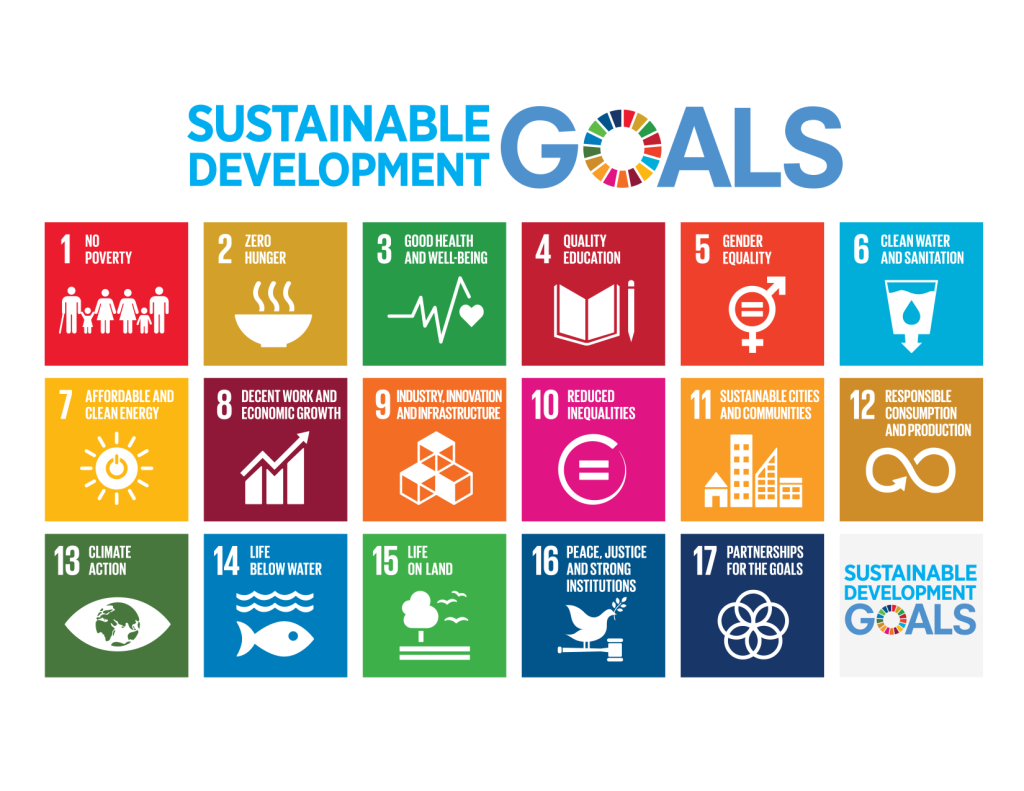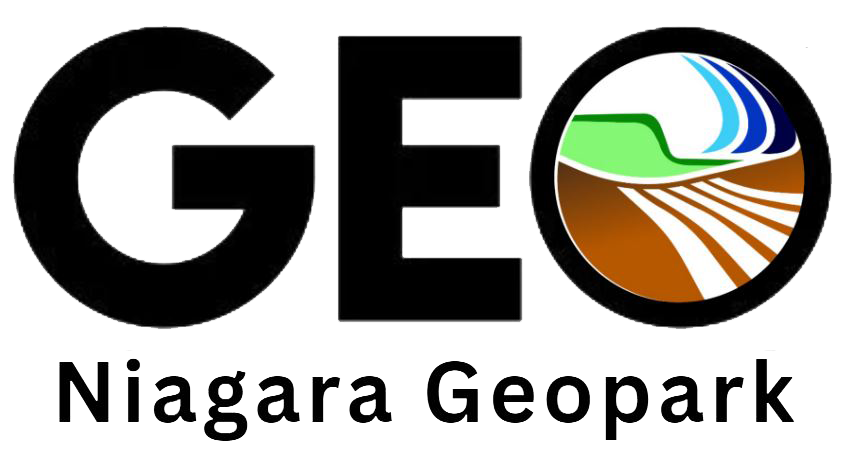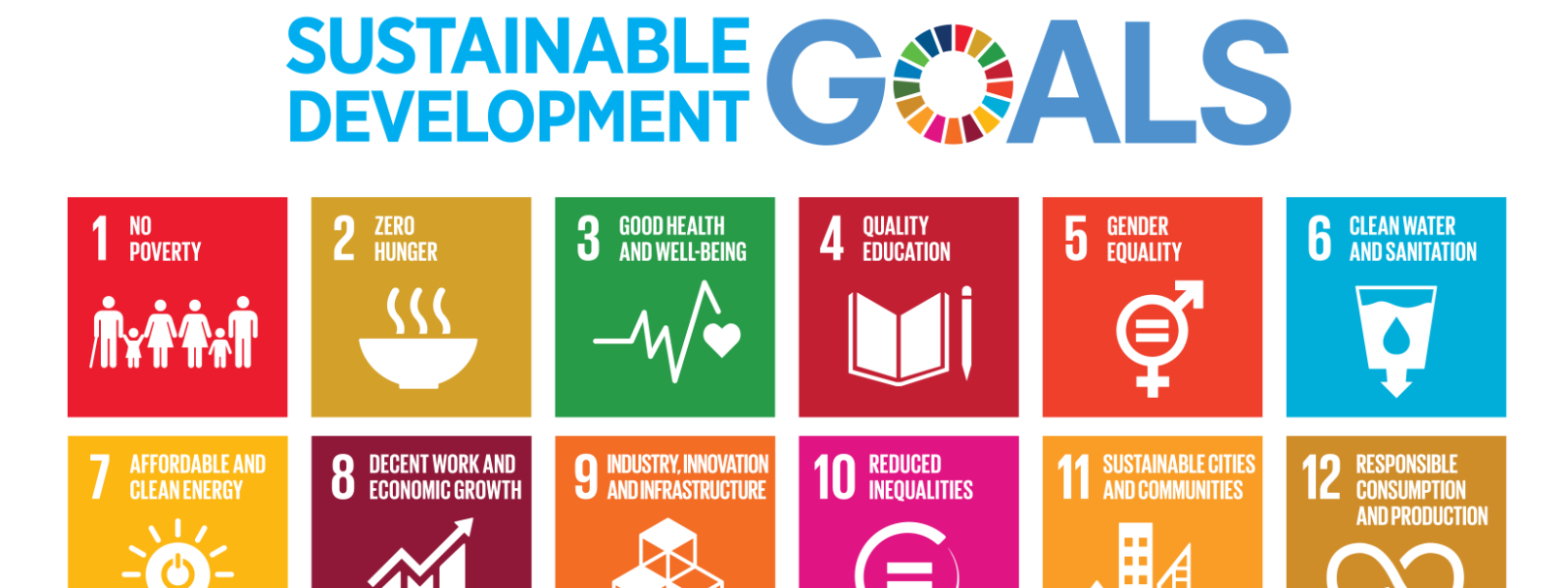
UNESCO is the United Nations Educational, Scientific and Cultural Organization. It seeks to build peace through international cooperation in Education, the Sciences and Culture. UNESCO plays a unique role in strengthening the foundations of lasting peace and equitable and sustainable development. Advancing cooperation in education, the sciences, culture, communication and information holds strategic stakes at a time when societies across the world face the rising pressures of change and the international community faces new challenges.
In September 2015, the Heads of State and Government, senior UN officials and representatives of civil society gathered as part of the 70th session of the UN General Assembly to create 17 Sustainable Development Goals (SDGs) to be achieved by 2030. These objectives form a program of sustainable, universal and ambitious development, a program of the people, by the people and for the people, conceived with the active participation of UNESCO.
The UNESCO Sustainable Development Goals: 17 Goals to Transform Our World
UNESCO’s Sustainable Development Goals are a call for action by all countries – poor, rich and middle-income – to promote prosperity while protecting the planet. They provide a blueprint to achieve a better and more sustainable future for all. They recognize that ending poverty must go hand-in-hand with strategies that build economic growth and address a range of social needs including education, health, social protection, and job opportunities, while tackling climate change and environmental protection.
Sustainable development meets the needs of the present without compromising the ability of future generations to meet their own needs. This calls for concerted efforts towards building an inclusive, sustainable and resilient future for people and planet. For sustainable development to be achieved, it is crucial to harmonize three core elements: economic growth, social inclusion and environmental protection. These elements are interconnected and all are crucial for the well-being of individuals and societies.
Eradicating poverty in all its forms and dimensions is an indispensable requirement for sustainable development. To this end, it must include the promotion of sustainable, inclusive and equitable economic growth, creating greater opportunities for all, reducing inequalities, raising basic standards of living, fostering equitable social development and inclusion, and promoting integrated and sustainable management of natural resources and ecosystems
UNESCO Global Geoparks and their Contribution to Sustainable Development
UNESCO Global Geoparks are single, unified geographical areas where sites and landscapes of international geological significance are managed with a holistic concept of protection, education and sustainable development. A UNESCO Global Geopark uses its geological heritage, in connection with all other aspects of the area’s natural and cultural heritage, to enhance awareness and understanding of key issues facing society, such as using our earth’s resources sustainably, mitigating the effects of climate change and reducing natural disasters-related risks. By raising awareness of the importance of the area’s geological heritage in history and society today, UNESCO Global Geoparks give local people a sense of pride in their region and strengthen their identification with the area. The creation of innovative local enterprises, new jobs and high quality training courses is stimulated as new sources of revenue are generated through geo-tourism, while the geological resources of the area are protected. Their bottom-up approach of combining conservation with sustainable development while involving local communities is becoming increasingly popular. At present, there are 213 UNESCO Global Geoparks in 48 countries.
UNESCO Global Geoparks empower local communities and give them the opportunity to develop cohesive partnerships with the common goal of promoting the area’s significant geological processes, features, periods of time, historical themes linked to geology, or outstanding geological beauty. UNESCO Global Geoparks are established through a bottom-up process involving all relevant local and regional stakeholders and authorities in the area (e.g. land owners, community groups, tourism providers, indigenous people, and local organizations). This process requires firm commitment by the local communities, a strong local multiple partnership with long-term public and political support, and the development of a comprehensive strategy that will meet all of the communities’ goals while showcasing and protecting the area’s geological heritage.
Global Geoparks advance UNESCO’s Sustainable Development Goals by focusing on 10 key areas:
1. Natural Resources
Since the dawn of humanity natural resources provided by the Earth’s solid crust have been the basis for our social and economic development. These resources include minerals, hydrocarbons, rare earth elements, geothermal energy, air and water, and their sustainable use is vital for the continued future well-being of society. Any element which can be found on Earth has its origin in geology and geological processes, is non-renewable and its exploitation has to be treated wisely. UNESCO Global Geoparks inform people about the sustainable use and need for natural resources, whether they are mined, quarried or harnessed from the surrounding environment, while at the same time promoting respect for the environment and the integrity of the landscape.
2. Geological Hazards
Many UNESCO Global Geoparks promote awareness of geological hazards, including volcanoes, earthquakes and tsunamis, and many help prepare disaster mitigation strategies among local communities. Through educational activities for the local people and visitors many UNESCO Global Geoparks give information on the source of geological hazards and ways to reduce their impact including disaster response strategies. These efforts build important capacity and contribute to building more resilient communities that have the knowledge and skills to effectively respond to potential geological hazards.
3. Climate Change
UNESCO Global Geoparks hold records of past climate change and are educators on current climate change as well as adopting a best practice approach to utilizing renewable energy and employing the best standards of “green tourism.” While some UNESCO Global Geoparks stimulate green growth in the region through innovative projects, others serve as outdoor museums on the effects of current climate change thus giving the opportunity to show visitors how climate change can affect our environment. Such community and educational activities and projects are important in order to raise awareness on the potential impact of climate change on the region, and to provide the local communities with the knowledge to mitigate and adapt to the potential effects of climate change.
4. Education
It is a pre-requisite that all UNESCO Global Geoparks develop and operate educational activities for all ages to spread awareness of our geological heritage and its links to other aspects of our natural, cultural and intangible heritages. UNESCO Global Geoparks offer educational programs for schools or offer special activities for children through “Kids Clubs” or special “Fossil Fun Days”. UNESCO Global Geoparks also offer education, both formal and informal, for adults and retired people while many provide training for local people who can then, in turn, teach others.
5. Science
UNESCO Global Geoparks are special areas where the geological heritage, or geodiversity, is of international importance. UNESCO Global Geoparks are thus encouraged to work with academic institutions to engage in active scientific research in the Earth Sciences, and other disciplines as appropriate, to advance our knowledge about the Earth and its processes. A UNESCO Global Geopark is not a museum, it is an active laboratory where people can become engaged in science from the highest academic research level to the level of the curious visitor. A UNESCO Global Geopark must take great care not to alienate the public from science and absolutely must avoid the use of technical scientific language on information boards, signs, leaflets, maps and books which are aimed at the general public.
6. Culture
The motto of UNESCO Global Geoparks is “Celebrating Earth Heritage, Sustaining Local Communities”. UNESCO Global Geoparks are fundamentally about people and about exploring and celebrating the links between our communities and the Earth. The Earth has shaped who we are: it has shaped our farming practices, the building materials and methods we have used for our homes, even our mythology, folklore and folk traditions. UNESCO Global Geoparks therefore engage in a range of activities to celebrate these links. Many UNESCO Global Geoparks have strong links to the arts communities where the synergy released by bringing science and the arts together can yield surprising results.
7. Women
UNESCO Global Geoparks have a strong emphasize on empowering women whether through focused education programs or through the development of women’s cooperatives. UNESCO Global Geoparks are a platform for the development, nurturing and promotion of local cottage industry and craft products. In some UNESCO Global Geoparks women’s cooperatives also provide an opportunity for women to obtain additional income in their own area and on their own terms. They can, for example, operate accommodation services for visitors.
8. Sustainable Development
Even if an area has outstanding, world-famous geological heritage of outstanding universal value it cannot be a UNESCO Global Geopark unless the area also has a plan for the sustainable development of the people who live there. This may take the form of sustainable tourism through, for example, the development of walking or cycling trails, training of local people to act as guides, encouraging tourism and accommodation providers to follow international best practice in environmental sustainability. But it can also be about simply engaging with local people and respecting their traditional way of life in a way that empowers them and respects their human rights and dignity. Unless a UNESCO Global Geopark has the support of local people it will not succeed. UNESCO Global Geopark status does not imply restrictions on any economic activity inside a UNESCO Global Geopark where that activity complies with indigenous, local, regional and/or national legislation.
9. Local and indigenous Knowledge
UNESCO Global Geoparks actively involve local and indigenous peoples, preserving and celebrating their culture. By involving local and indigenous communities, UNESCO Global Geoparks recognize the importance of these communities, their culture and the link between these communities and their land. It is one of the criteria of UNESCO Global Geoparks that local and indigenous knowledge, practice and management systems, alongside science, are included in the planning and management of the area.
10. Geo-conservation
UNESCO Global Geoparks are areas that use the concept of sustainability, value the heritage of Mother Earth and recognize the need to protect it. The defining geological sites in UNESCO Global Geoparks are protected by indigenous, local, regional and/or national law and management authorities, in cooperation with the appropriate agencies, which allow for the necessary monitoring and maintenance of these sites. Appropriate protection measures for each site are set out in individual site management plans. The management body of a UNESCO Global Geopark will also not participate directly in the sale of geological objects such as fossils, minerals, polished rocks and ornamental rocks of the type normally found in so-called “rock-shops” within the area, and many actively discourage unsustainable trade in geological materials as a whole. It does not refer to material for normal industrial and household use which is sourced by quarrying and/or mining and which will be subject to regulation under national and/or international legislation.
Under certain circumstances and where clearly justified as a responsible activity the management body may permit sustainable collecting of geological materials for scientific and educational purposes from naturally renewable sites within the UNESCO Global Geopark. Trade of geological materials (in accordance with national legislation on Earth heritage conservation) based on such a system may be tolerated in exceptional circumstances, provided it is clearly and publicly explained, justified and monitored as the best option for the UNESCO Global Geopark in relation to local circumstances. Such circumstances will be subject to debate and approval on a case by case basis
Visit the UNESCO website to learn more about how Global Geoparks contribute to the Sustainable Development Goals.

Geoparks collaborate within a global network to achieve our common goals. Discovery UNESCO Geopark thanks Niagara Aspiring Geopark in Ontario, Canada for sharing their developed descriptions of the Sustainable Development Goals found on this page. Consider including the Niagara Aspiring Geopark on your next trip to Ontario, Canada.
